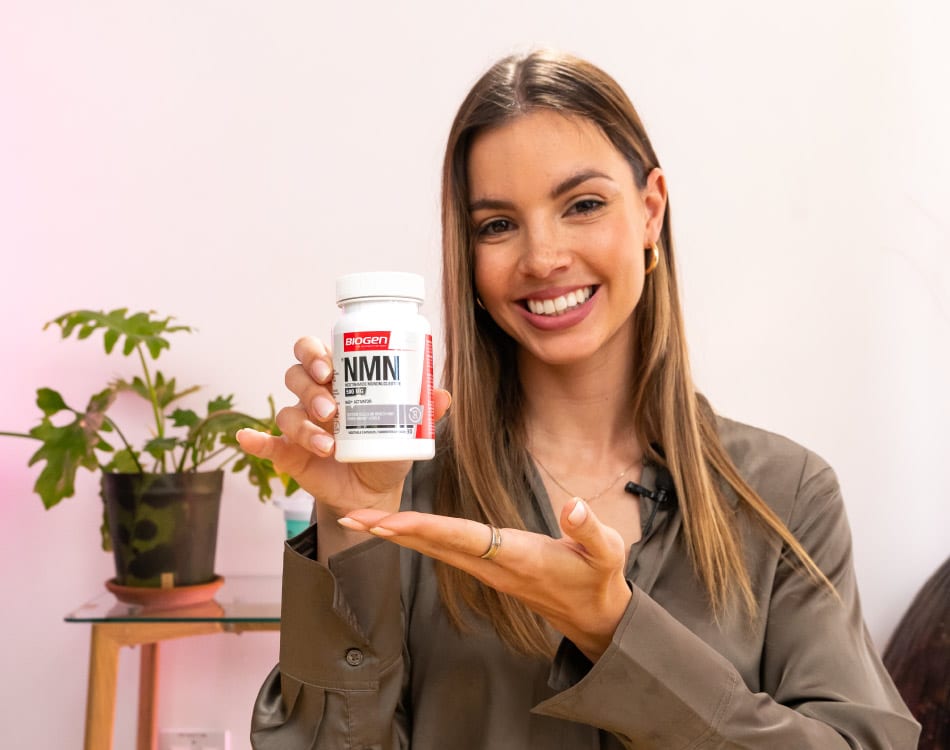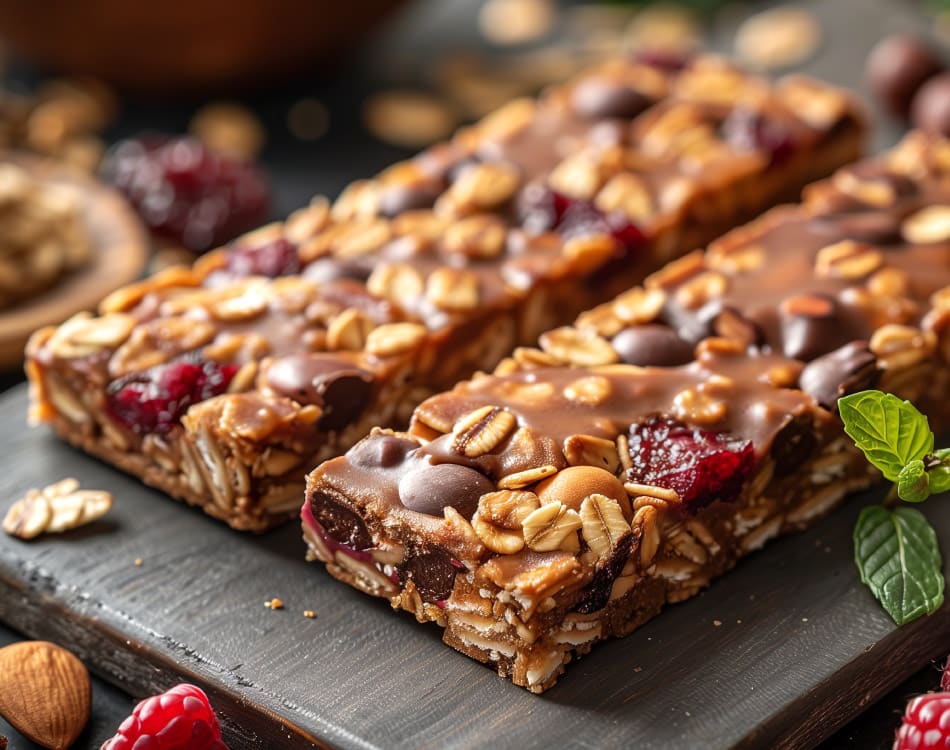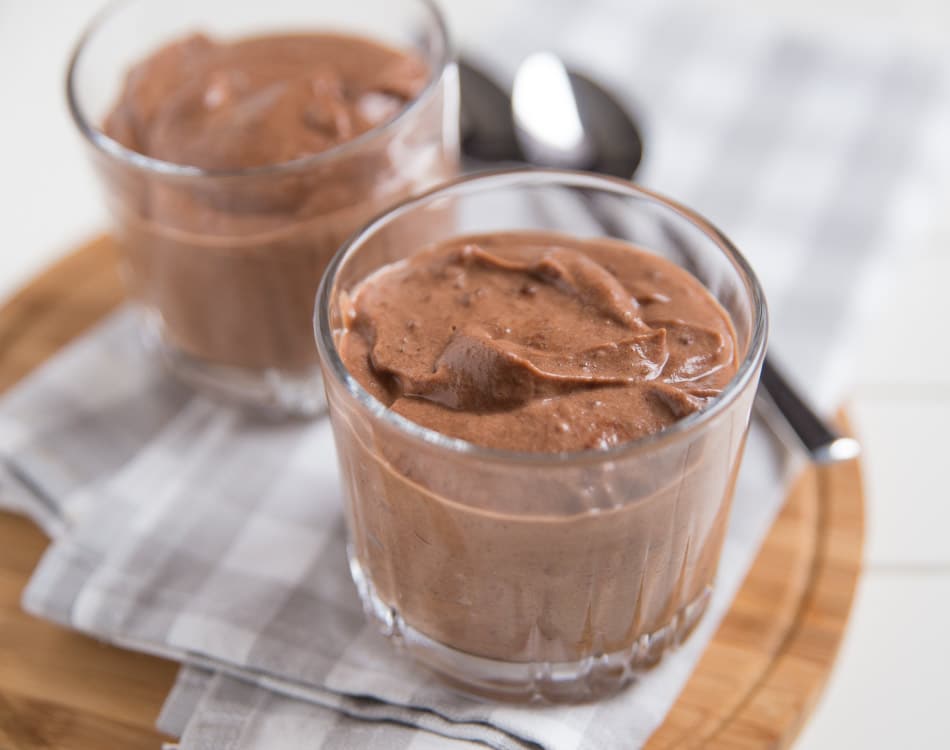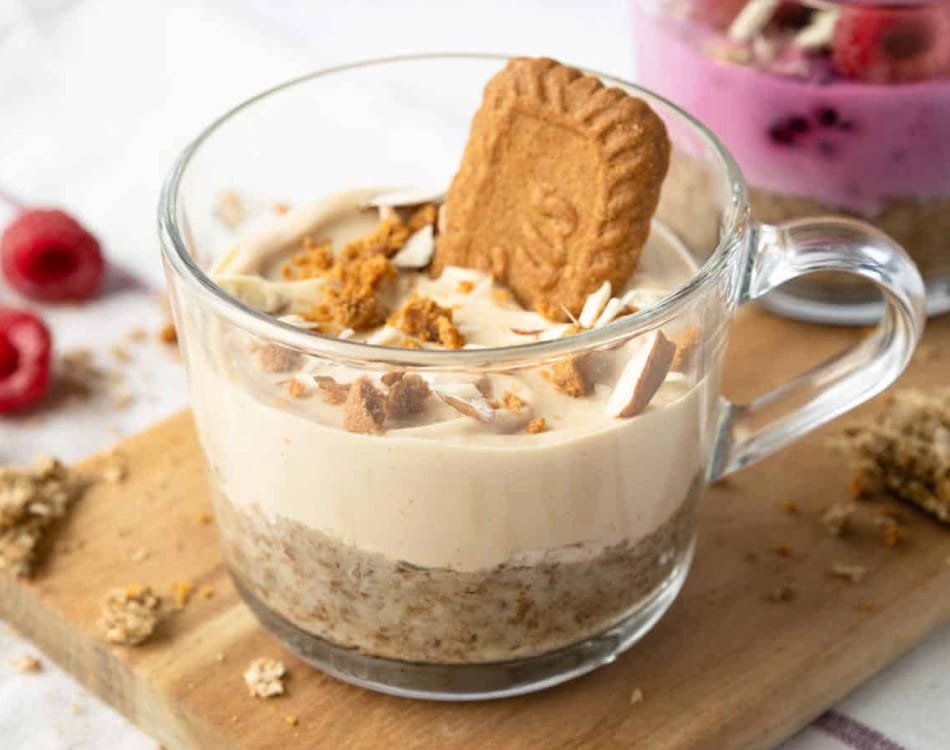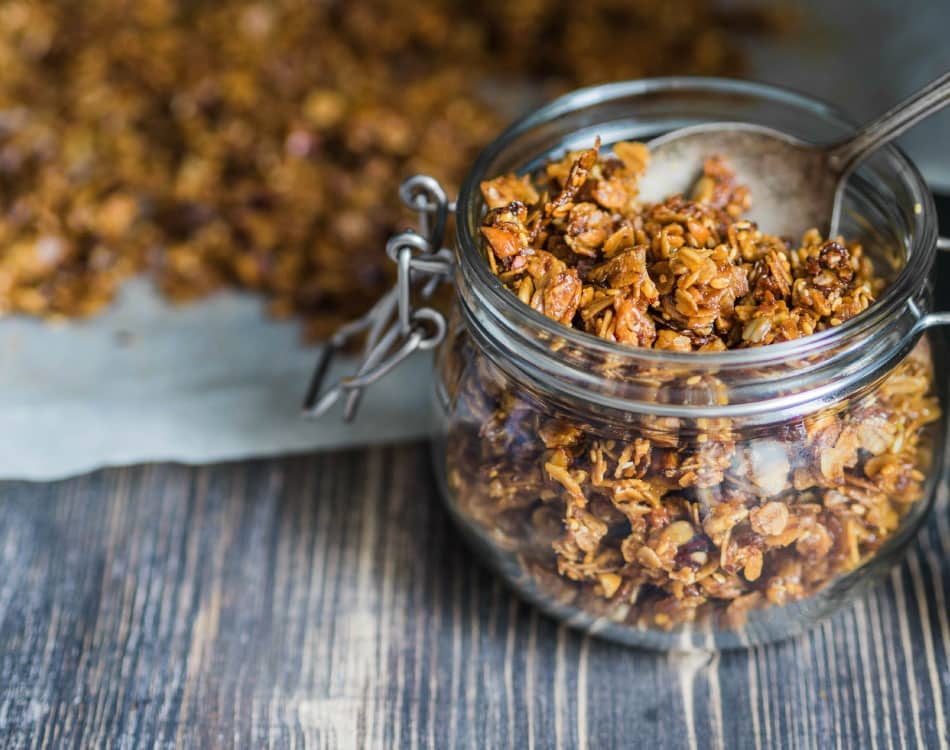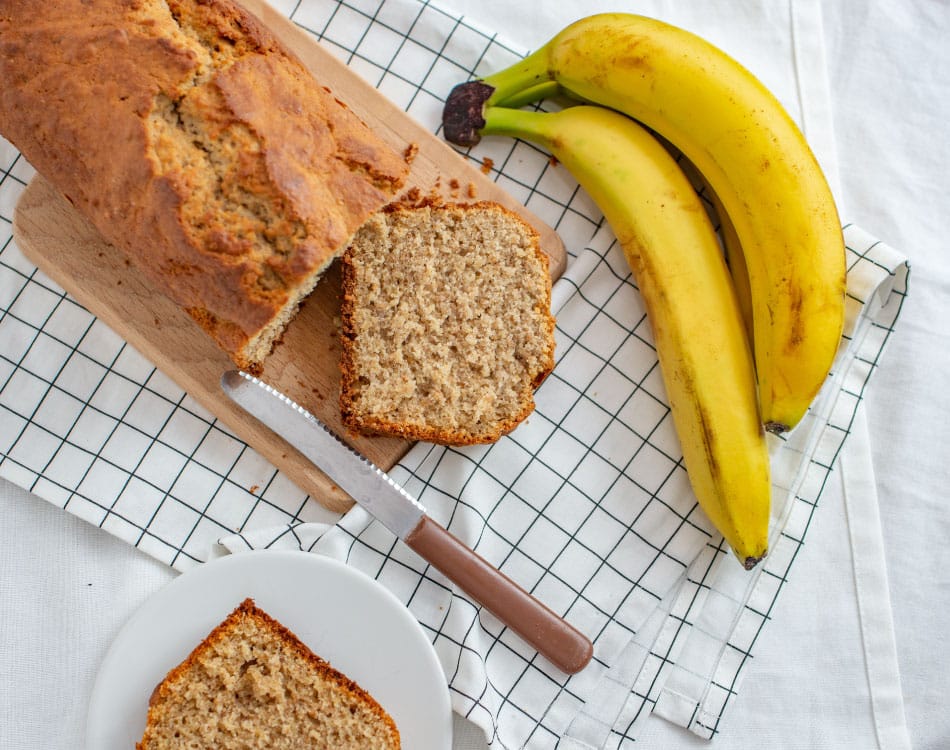Supplements continue to play an important role in our quest for improved longevity and enduring youthfulness, with Nicotinamide Mononucleotide, or NMN emerging as a trending product for its proven potential to slow or reverse various age-related processes.
NMN is a naturally occurring compound found in trace amounts in various foods, including vegetables, meat, and milk, and microorganisms in fermented beverages1.
In supplement form, this substance supports cellular health by increasing natural cell repair and energy production processes.
READ MORE | Why Radiant Healthy Skin Needs Collagen
NAD+ booster
NMN is an essential precursor to the coenzyme nicotinamide adenine dinucleotide (NAD+)1, a critical molecule involved in numerous processes that support cellular health, as well as energy production, the synthesis of fatty acids, cholesterol and steroids, signal transduction and the maintenance of the integrity of the genome.
As NAD+ levels naturally decline with age2, which can lead to potential issues, products like new Biogen NMN are formulated to provide the body with the necessary building blocks needed to boost NAD+ levels.
As NMN is directly involved in NAD+ biosynthesis1, supplementing with this product may potentially prevent or alleviate a wide range of metabolic and age-related issues, including:
Cellular Health
Studies3 suggest that increasing NAD+ levels with an NMN supplement activates sirtuins, a group of proteins that may potentially enhance cellular health and extend cellular lifespan.
NAD+ also regulates various important cellular processes1 that protect mitochondrial function, reduce oxidative stress by controlling redox homeostasis, and exerts anti-inflammatory actions to decrease age-related cellular damage and dysfunction.
Enhanced Cellular Energy Production and Metabolic Function
By increasing NAD+ levels, NMN supplements may support improved cellular energy production to help you feel more vibrant and active throughout the day.
NAD+ is a coenzyme involved in converting nutrients into adenosine triphosphate (ATP)4, the primary energy source for our cells. As such, elevating NAD+ levels may potentially lead to increased energy levels.
NAD+ also plays a key role in regulating metabolism, including glucose and lipid metabolism by improving insulin sensitivity5. By positively influencing metabolic processes, an NMN supplement may help to maintain metabolic function.
DNA Repair and Protection
NAD+ is essential for repairing damaged DNA, which is crucial for maintaining healthy cellular function, and preventing mutations. As NMN boosts NAD+ levels, it may aid in DNA repair processes, reducing the risk of cellular damage and potentially supporting overall longevity6.
Cardiovascular Support
NAD+ is involved in various cardiovascular functions, including regulating blood vessel health and improving blood flow. NMN’s potential cardiovascular benefits may contribute to overall heart health and circulatory function7.
READ MORE | How Antioxidants Help Your Health And Recovery
Double anti-inflammatory boost
Innovative supplement manufacturers like Biogen are also formulating products to offer additional health-promoting benefits. For example, added inulin (70 mg per serving) in Biogen NMN in the form of Orafti® P95 may offer additional anti-inflammatory support.
Research8 suggests that inulin decreases levels of some inflammatory markers, including C-reactive protein (CRP), tumour necrosis factor-alpha, and interleukin (IL)-6. The anti-inflammatory effects of inulin may be related to its prebiotic effects.
Before taking any dietary supplement, consult with your healthcare professional, especially if you have any pre-existing medical conditions or are taking medications.
NMN supplements represent a groundbreaking advancement in the field of anti-ageing and cellular health support. By harnessing the power of NMN to increase NAD+ levels, new Biogen NMN may help to promote healthy ageing, and potentially offer various other health benefits.
Disclaimer: Biogen NMN is an unregistered medicine that has not been evaluated by the SAHPRA for its quality, safety or intended use. Health supplements are intended only to complement health or supplement the diet. If you are taking any prescribed medication, please consult with your healthcare provider before taking this medicine. D 34.12 Multiple substance formulation. Complementary Medicine: Health Supplement
References:
- Alegre, G.F.S., Pastore, G.M. NAD+ Precursors Nicotinamide Mononucleotide (NMN) and Nicotinamide Riboside (NR): Potential Dietary Contribution to Health. Curr Nutr Rep (2023). https://doi.org/10.1007/s13668-023-00475-y
- Christopher Shade. The Science Behind NMN–A Stable, Reliable NAD+Activator and Anti-Aging Molecule. Integr Med (Encinitas). 2020 Feb; 19(1): 12–14.
- Shin-ichiro Imai, Leonard Guarente. NAD+ and Sirtuins in Aging and Disease. Trends Cell Biol. 2014 Aug; 24(8): 464–471. Published online 2014 Apr 29. doi: 10.1016/j.tcb.2014.04.002
- Ann-Katrin Hopp, Patrick Grüter, Michael O. Hottiger1. Regulation of Glucose Metabolism by NAD+ and ADP-Ribosylation. Cells. 2019 Aug; 8(8): 890. Published online 2019 Aug 13. doi: 10.3390/cells8080890
- Mihoko Yoshino, Jun Yoshino, et al. Nicotinamide mononucleotide increases muscle insulin sensitivity in prediabetic women. Science. 2021 Jun 11; 372(6547): 1224–1229. Published online 2021 Apr 22. doi: 10.1126/science.abe9985
- Deborah L. Croteau, Evandro Fei Fang, et al. NAD+ in DNA repair and mitochondrial maintenance. Cell Cycle. 2017; 16(6): 491–492. Published online 2017 Feb 1. doi: 10.1080/15384101.2017.1285631
- Mahmoud Abdellatif, Simon Sedej, Guido Kroemer. NAD+ Metabolism in Cardiac Health, Aging, and Disease. Circulation. 2021 Nov 30;144(22):1795-1817. doi: 10.1161/CIRCULATIONAHA.121.056589. Epub 2021 Nov 29.
- Parvin Dehghan, Bahram Pourghassem Gargari, Mohammad Asghari Jafar-abadi. Oligofructose-enriched inulin improves some inflammatory markers and metabolic endotoxemia in women with type 2 diabetes mellitus: a randomized controlled clinical trial. Nutrition. 2014 Apr;30(4):418-23. doi: 10.1016/j.nut.2013.09.005. Epub 2013 Dec 12.

